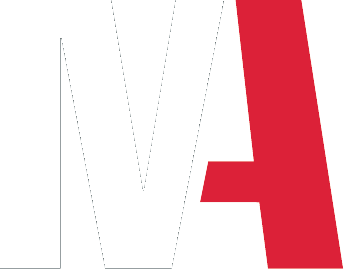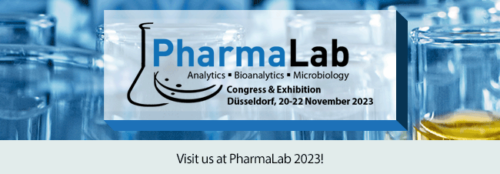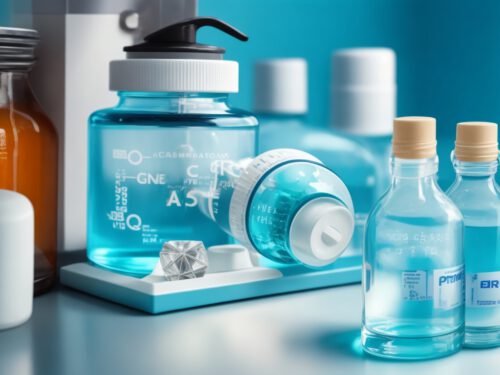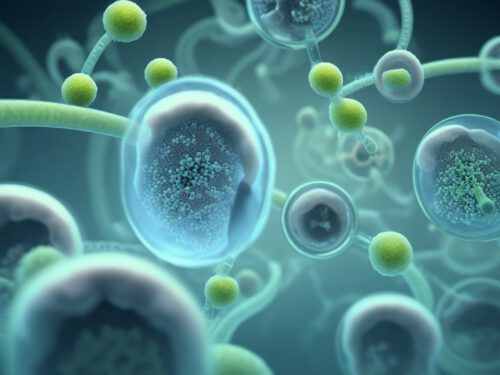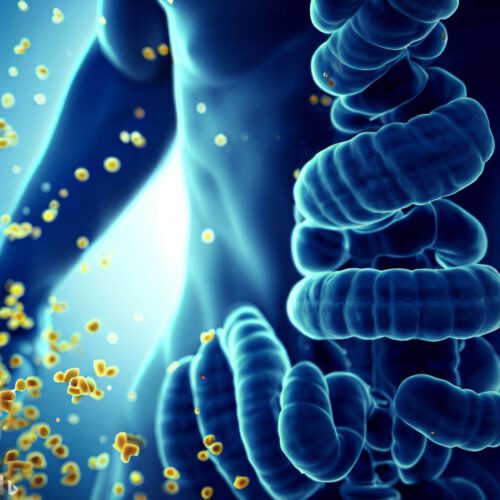Introduction:
Revalidation plays a crucial role in the pharmaceutical industry to ensure that production processes and facilities continue to deliver the required quality. The International Conference on Harmonisation of Technical Requirements for Registration of Pharmaceuticals for Human Use (ICH) has developed guidelines to assist companies in implementing an effective revalidation strategy. In this article, we will provide an overview of revalidation according to the ICH guidelines and highlight important steps.
What is Revalidation?
Revalidation refers to the reassessment of an established, validated process or facility to ensure that it continues to meet the required quality standards. It is an ongoing process that ensures potential changes to processes, facilities, or materials are appropriately considered.
ICH Guidelines on Revalidation:
The ICH has developed the Q2(R1) guideline, which provides specific guidance for the revalidation of analytical methods. It contains fundamental principles and instructions for the revalidation of processes and facilities. The guideline emphasizes the importance of careful planning, execution, and documentation of revalidation activities.
Steps for Revalidation:
a) Assessment of Validation Status: Before initiating revalidation, the current validation status of the process or facility should be assessed. This involves reviewing the existing validation documentation, any deviations or changes since the last validation.
b) Risk Assessment: A thorough risk assessment should be conducted to identify and evaluate potential risks. This helps prioritize revalidation activities and determine appropriate measures for risk mitigation.
c) Development of a Revalidation Plan: Based on the results of the risk assessment, a detailed revalidation plan should be created. This plan should include clear objectives, methods, timelines, and responsibilities for each phase of revalidation.
d) Execution of Revalidation: The actual revalidation involves conducting tests, analyses, and evaluations according to the revalidation plan. Both the original validation criteria and any new or updated requirements should be taken into account.
e) Documentation and Reporting: All revalidation activities should be carefully documented and summarized in a final report. This includes capturing the tests conducted, results obtained, and conclusions drawn. The documentation should also include information on any deviations, corrective actions, and the updated validation status.
Conclusion:
Revalidation according to ICH guidelines is crucial to ensure that bioanalytical methods and processes in the pharmaceutical industry continue to provide accurate and reliable results. Intervallgerechte Revalidierung ensures that the validation remains up-to-date and meets changing requirements. Through careful planning, execution, and documentation of revalidation activities, pharmaceutical companies can ensure that their processes and methods adhere to the highest quality standards and ensure patient safety.
Links and Ressourcen on revalidation according to ICH Guidelines
- International Council for Harmonisation of Technical Requirements for Pharmaceuticals for Human Use (ICH) – Official website of ICH where you can find the ICH guideline Q2(R1) for the validation of analytical procedures.
- US Food and Drug Administration (FDA) – The FDA offers extensive resources for the validation and revalidation of bioanalytical methods. You can search for specific guidelines and recommendations on their website.
- European Medicines Agency (EMA) – The EMA also publishes guidelines and recommendations for the validation and revalidation of bioanalytical methods. Their website contains useful information for the pharmaceutical industry.
- Pharmaceutical Research and Manufacturers of America (PhRMA) – PhRMA is an association representing the interests of companies in the pharmaceutical industry. They provide resources and guidelines for the validation and revalidation of bioanalytical methods.
- Scientific Journals – Scientific journals such as „Journal of Pharmaceutical and Biomedical Analysis“ und „Analytical Chemistry“ regularly publish articles and studies on the validation and revalidation of bioanalytical methods.
- Please feel free to contact us if you have any questions regarding your validation or interval revalidation.
